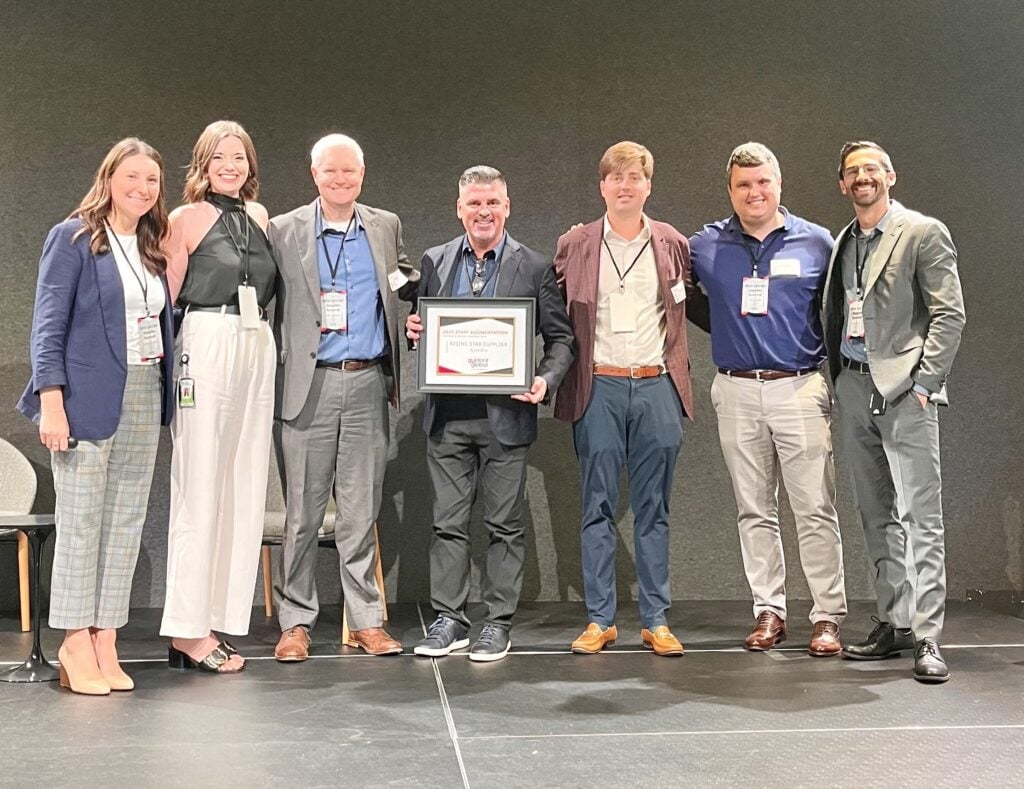
Veterans Day: Our Way Of Thanking Those Who Serve
Veterans Day is a time to celebrate and honor the men and women who protect our country. Here at Kavaliro, one way we pay respects to their brave service is to bring light to an issue that veterans are experiencing when returning to the work force outside of the military, and hopefully provide helpful resources to avoid this pitfall.
The unemployment rate for veterans consistently exceeds that of non-veterans. Despite the work ethic and technical expertise veterans acquire during service, it appears the digital divide has only perpetuated the difficulty of work placement. As post-9/11 veterans struggle to find work more than their predecessors, this concern must be addressed. Although recent labor statistics show improvement, veterans continue to struggle to trade their uniforms for a white collar.
One of the questions that we hear consistently in the staffing industry is: Why is this? The answer is twofold: veteran job seekers are misinformed about the corporate structure, and corporations are misinformed about their veteran applicants. In the same way veterans need to reprogram a new, civilian mentality, business need to reprogram their organizational mentality.
Two of the veterans on the Kavaliro team have done just that: Louis Douglas, former Mess Management Specialist with the Navy, and David Gilcher, former Human Resources Specialist with the Army. Louis and David have both witnessed the adversity veterans face, both as recruiting professionals and as transitioning veterans themselves. With the help of Karin Childress-Wiley, the National Director at Monster.com and spouse of a Marine, these staffing experts offer veterans the following advice.
Build an online presence
Men and women in active duty often have exposure to the latest and greatest technology on the job. It is surprising then that technology works against veterans in the job search process. Nearly every company uses social networking to recruit for positions and screen applicants. Unfortunately for veterans, it is not a necessity to maintain a professional online presence until the day they leave active service.
“Technology puts veterans at a disadvantage,” says Childress-Wiley. “Veterans are online as much as the rest of us, but they have never had a reason to build a professional presence on social media.”
Not only do some transitioning veterans have the need to improve their Twitter and Facebook pages, but they are virtually absent from LinkedIn. Although more than 90 percent of employers use LinkedIn in hiring, veterans rarely utilize this platform in their job search. This is not surprising considering LinkedIn does not offer a military background feature in the same way the site displays previous work experience.
Veterans should use all online resources available to them. Sites designed for veterans, such as Military.com and usajobs.gov, are a promising start. However, as Douglas mentions, “it is important to branch out from veteran-specific tools and integrate into the larger labor pool.” Professional networking platforms broaden a veteran’s employment opportunities.
Revise your resume: make it shorter and sweeter
Time is everything in the business world. A prevalent mistake among transitioning veterans is lengthy resumes. While you may be impressed with your laundry list of accolades, an employer will likely not have time to understand their significance. Form concise points that focus on the skills rather than the titles. In essence, craft a skill-based resume rather than an experience-based resume.
More important than the amount of words are the words themselves. Many veterans’ applications do not make it past a company’s online job portal. This is not because they lack qualifications but rather their resumes lack the proper semantics. Some corporate job portals automatically decline applications that fail to meet a position’s requirements, such as a four-year degree and/or relevant skills. Veteran applicants often have difficulty making it through the portal before they even step in the interview room.
Another aspect of resume building that veterans must consider is to watch their use of jargon. There are many terms used in the military that non-military professionals don’t understand. Even relatively common terms, such as non-commissioned officer (NCO), aren’t familiar to business people. Veterans must research the terminology a company employs and add this verbiage to their dictionary.
It’s important to combat the mismatch of wording with a careful selection of words on an application. Remember that military job titles and civilian job titles rarely share the same name although the work is comparable. Read the job description and incorporate the civilian equivalents of previous experience in applications. For example, applications for an engineering position with ‘combat network specialist’ may be passed over whereas those using ‘network engineer’ will not. Further, research veteran-friendly organizations and contact businesses to inquire if their job portal accommodates veterans’ work experience. Some of these include Knight Federal and Home Depot’s Military Skills Translator.
Interview intelligently
Sometimes it is difficult for veterans to leave behind the troupe mentality. Yes, there is no “I” in “team.” However, there is no “we” in “job.” During an interview, be sure to highlight personal accomplishments and results. Use “I” and “me” language rather than “we” and “us” in order to demonstrate your personal contributions to an employer. After all, the organization is hiring you, not your comrades.
 David Gilcher, Human Resources Specialist
David Gilcher, Human Resources Specialist
It is easy for anyone to tense up in high-pressure situations with persons of authority. This is especially true for someone who is accustomed to roll call every morning. During an interview relax any stiffness in your posture. It is always imperative to show respect to a potential employer, but excessive stiffness does not read as relatable or competent. Remember, interviewers spend more time reading body language than a resume.
“My hope is that veterans aren’t just celebrated on Veteran’s Day,” says Childress- Wiley. “First and foremost, they deserve to be celebrated for their service. More importantly, they deserve to be celebrated for the technical, analytical and leadership skills they can offer.”
Veterans have learned from their first day of basic training that quitting is never an option. Companies without veteran employees are not capitalizing on an opportunity to have proven professionals with unique perspectives. Gilcher concludes, “The best way to celebrate a veteran is to hire them as a professional who is eager to do great work.”
Kavaliro Employment Agency has offices in Tampa, Fla., Charlotte, N.C., Orlando, Fla., Washington, D.C., and Jacksonville, Fla. and can make sure you find the right people for this important role. We are ready and waiting to help you anytime and look forward to hearing from you.


